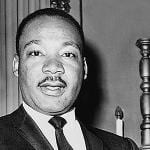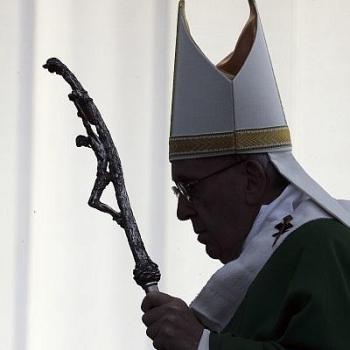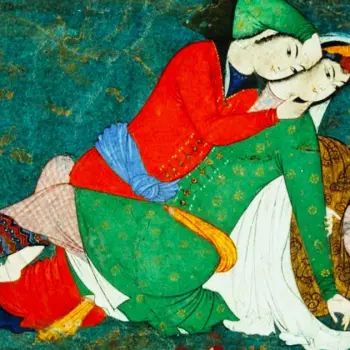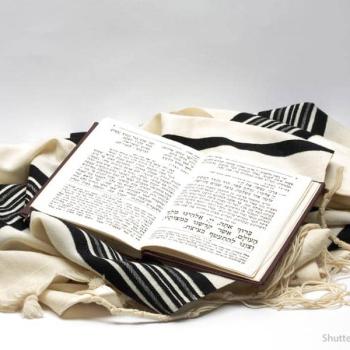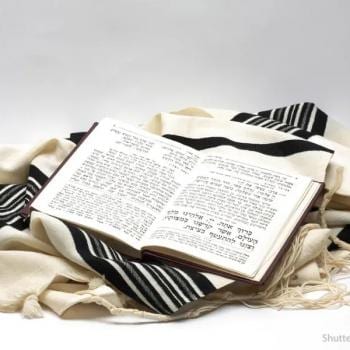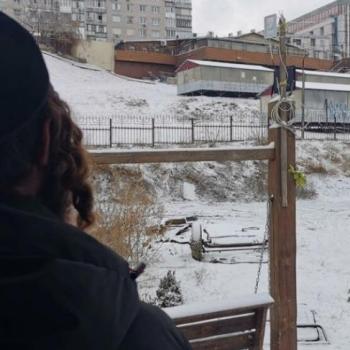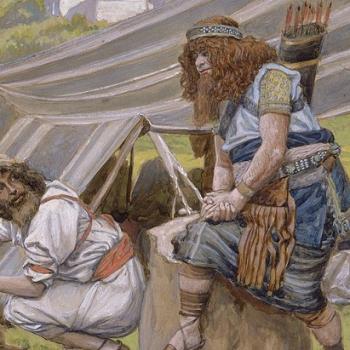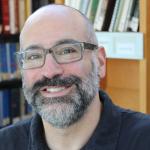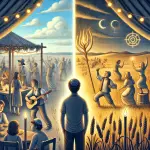
Last Friday morning (March 27), approximately 100 students, faculty, and staff from Hebrew College, Boston College, and Boston University gathered virtually for the third annual “Preparing Our Hearts for Passover & Easter” program. As in past years, the event was designed to provide future spiritual and ethical leaders the opportunity to reflect on the personal and professional dimensions of these holy seasons, doing so in dialogue with peers and teachers from different denominational and religious communities.
Of course, this year’s event required significant adjustment in the wake of the COVID-19 pandemic. Instead of gathering in-person at Temple Beth Zion in Brookline, MA (located equidistant from the three schools), we—like so many others throughout the world—used Zoom for our gathering. This platform allowed us to share in a multidimensional experience, including a Shaharit (Jewish morning) service, a panel discussion, musical meditations, and small-group conversation. In addition to moving the event online, we felt compelled to shift the focus of the morning to deal specifically with the question of “How Can We Celebrate in the Midst of a Pandemic?”
One poignant moment came during the panel discussion. Dr. Mary Elizabeth Moore, Dean of the BU School of Theology (BUSTH), spoke openly about the pain and disappointment of winding down her 40-year career as a seminary educator and administrator in the midst of the pandemic. As she said, “This is not how I hoped things would end. I wanted to tie up several loose ends and help prepare the school community for my retirement. I am learning to let go and accept what I can and cannot do.”
Dean Moore was also brave enough to add that part of her sadness included the fact that several programs to honor her nearly 12-year tenure as the leader of BUSTH had been cancelled. “As a person who often works in the background to help others flourish publicly, I was actually looking forward to being honored for my work in community.” Using a poetic image, she completed her remarks by saying that, in sharing personally, she hoped that her expressions of pain and loss could serve as a “bridge of compassion,” allowing her to be more sensitive to the struggles of others—especially the most vulnerable in our society.
It was powerful to see the chat box fill with appreciative comments from students and others who felt both honored and empowered by Dean Moore’s remarks. As one student stated, “Hearing the Dean speak so honestly about her feelings helped me admit to my own fears and frustrations.” A second student added, “I am working diligently to develop my capacity to guide and hold others, particularly those in need. It is hard to admit to my own pain without feeling self-indulgent.”
This is one of the reasons we created this annual Passover-Easter program. It provides a context for future religious professionals to tease apart their personal needs from those of the people they serve, doing so in the company of fellow students and teachers dealing with similar work-life issues. It can be difficult for people who are charged to care for others to pause and reflect on their own wishes and fears. This is especially so in a time of crisis, when there are so many people who are gravely ill, separated from loved ones or alone, and dealing with crushing financial burdens. But as Dean Moore said, if carried out thoughtfully, this inner work can lead to greater self-awareness, empathy, and a renewed ability to serve others.
It is significant that Dean Moore made her comments in response to a question from the moderator about how she and the other panelists were preparing for the celebration of the spring festivals. In speaking about her sense of loss and the need to accept the limitations imposed by the pandemic, she was reflecting on Lent as a time of solemn preparation for Easter, a time to contemplate Jesus’ “hard road and his “stops along the way” to offer compassion to others as he “traveled with God.”
This is part of the power of interreligious engagement: we are given the opportunity to share some of our deepest convictions and questions, informed by key texts, symbols, and rituals from our religious traditions. Inevitably, these insights include both universal and particular dimensions, reminding us of our commonality and uniqueness. This year, engaging in cross-institutional dialogue about the different ways we prepare for Passover and Easter required us to wrestle with the grim realities of COVID-19, including the complicated set of emotions we carry as current and future religious leaders, seeking what some might call “liberation” and others “resurrection.” In so doing, we were able to contemplate how each of us might rededicate ourselves to the sacred work of building bridges of compassion.



